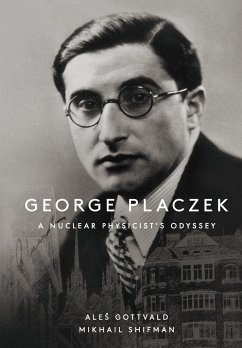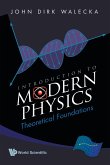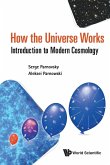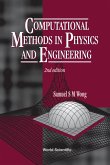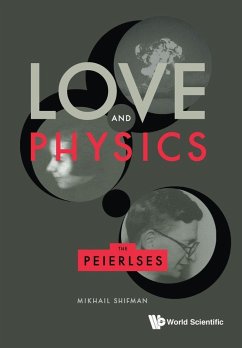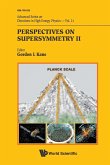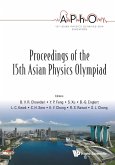This book presents the first detailed biography of George Placzek - an outstanding physicist, a participant in the Manhattan Project who stood at the very inception of nuclear physics and the subsequent development of the nuclear bomb in the course of the WWII. In the 1930s, George Placzek was known as an adventurous person with a sharp sense of humor, a tireless generator of novel physics ideas which he generously shared with his colleagues. Born in Brno (now Czech Republic) into a wealthy Jewish family, he lost all his relatives to Holocaust, casting a tragic shadow on his life. Placzek's scientific career began in the late 1920s when the quantum revolution was almost over, but nuclear physics was still at its infancy. He established personal and scientific relations with the creators of quantum mechanics, such as Heisenberg in Leipzig and Niels Bohr in Copenhagen. In Rome, he worked with Fermi, and in Copenhagen he became a part of Bohr's nuclear physics team which dominated nuclear theory at that time. The scope of Placzek's pilgrimage around world physics centers in the 1930s was unique among his colleagues. In January 1939, George Placzek managed to emigrate from Europe to the US, and became a part of the British Mission within the Manhattan Project. His physical insights were instrumental in advancing from the basic discoveries on nuclear chain reactions to the Trinity experiment, Hiroshima and Nagasaki. This book is a unique compilation of a large number of previously unknown and unpublished documents from private and university archives, police reports, etc. Placzek's correspondence with the leadership of the Hebrew University in 1934, the 1937 NKVD interrogation files of Konrad Weisselberg, recollections of Ella Andriesse as well as the Zurich Police report of 1956 detailing the circumstances of Placzek's death in a Zurich hotel are illuminating as they shed light on poorly known pages of his life.
Hinweis: Dieser Artikel kann nur an eine deutsche Lieferadresse ausgeliefert werden.
Hinweis: Dieser Artikel kann nur an eine deutsche Lieferadresse ausgeliefert werden.

